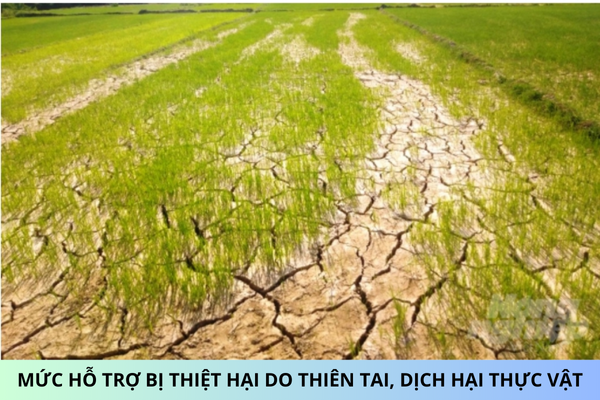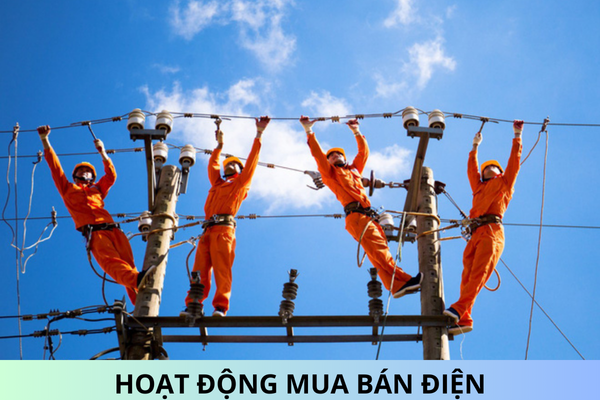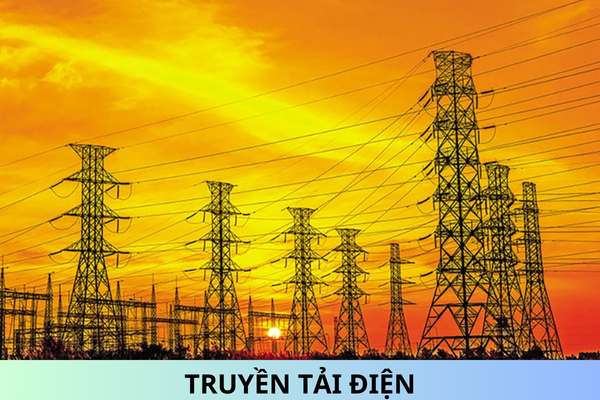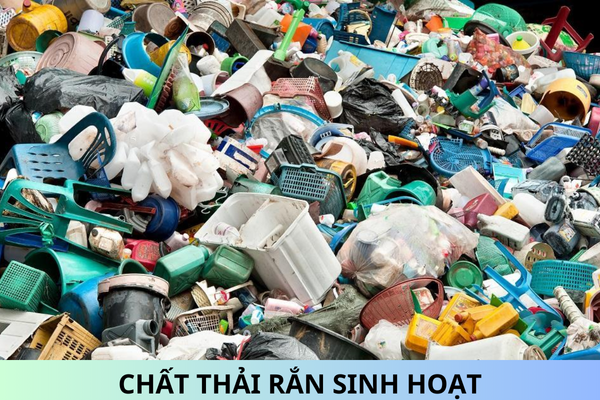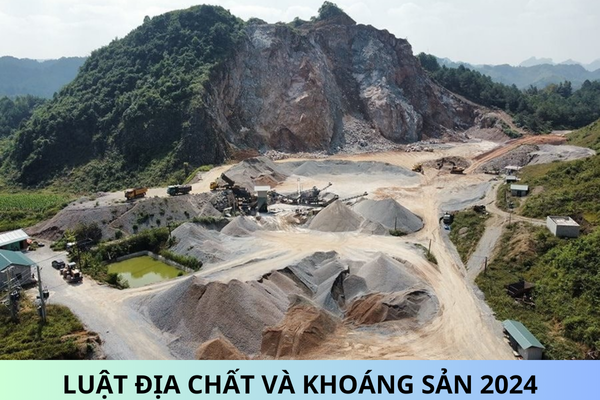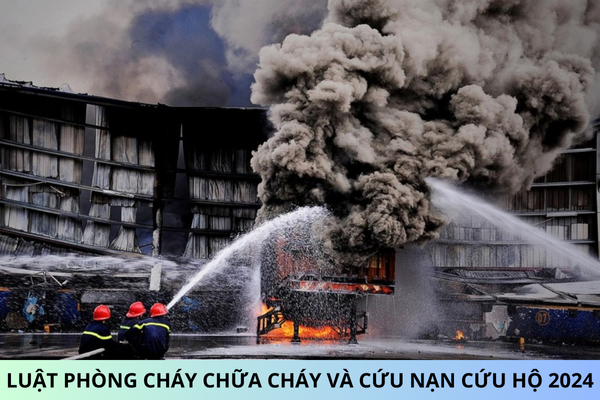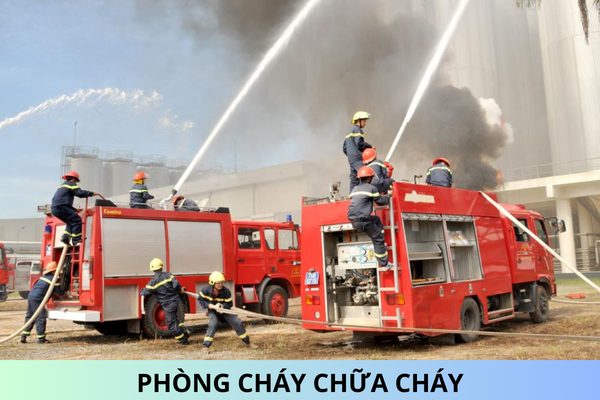What are details of List of scraps subject to suspension of temporary importation and merchanting trade in Vietnam from January 01, 2025 to December 31, 2029?
How is Scrap defined under the law in Vietnam?
Pursuant to Article 3 of the Law on Environmental Protection 2020 stipulates as follows:
Article 3. Interpretation of Terms
In this Law, the following terms are construed as follows:
[...]
- Trial operation of waste treatment facilities is the operation aimed at verifying and assessing the effectiveness and compliance with environmental protection requirements of the waste treatment facilities of the investment project owner, facilities, industrial production zones, business, service clusters.
- Scrap is material recovered, classified, selected from discarded materials, products in the course of production, business, service activities or consumption to be used as raw materials for another production process.
- Residential community is a community of people living in the same village, hamlet, thon, ban, lang, buon, bon, phum, soc, residential group or similar residential area within the territory of the Socialist Republic of Vietnam.
[...]
Thus, scrap is understood as material recovered, classified, selected from discarded materials or products during the production, business, service activities, or consumption to be used as raw materials for another production process.
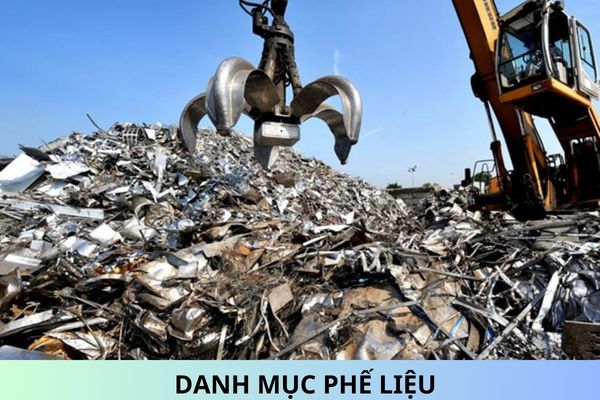
What are details of List of scraps subject to suspension of temporary importation and merchanting trade in Vietnam from January 01, 2025 to December 31, 2029? (Image from the Internet)
What are details of List of scraps subject to suspension of temporary importation and merchanting trade in Vietnam from January 01, 2025 to December 31, 2029?
Based on Article 3 of Circular 18/2024/TT-BCT which provides for the List of scraps subject to suspension of temporary importation and merchanting trade in Vietnam:
Article 3. List of scraps subject to suspension of temporary importation and merchanting trade in Vietnam
- List of scraps subject to suspension of temporary importation and merchanting trade in Vietnam as per the Annex attached to this Circular.
- The list of scrap specified in clause 1 of this Article does not apply to transshipment business in the form of goods being directly transported from the exporting country to the importing country, without passing through Vietnamese customs.
Pursuant to the Annex issued together with Circular 18/2024/TT-BCT which provides the List of scraps subject to suspension of temporary importation and merchanting trade in Vietnam as follows:
- Gypsum; anhydrous gypsum; casting plaster (including calcined gypsum or calcined calcium sulphate), whether or not dyed, including small amounts of accelerators or retarders.
- Granulated slag (slag sand) from the iron or steel industry.
- Doped chemical elements used in electronics, in form of discs, thin sheets, or similar forms; doped chemical compounds used in electronics.
- Self-adhesive sheets, plates, film, foil, strip and other flat shapes made of plastices, whether or not in rolls.
- Recovered paper or paperboard scraps (waste and scrap).
- Waste silk (including unsuitable cocoons for reeling, waste silk yarn and recycled silk yarn).
- Wastes of wool or of fine or coarse animal hair, including waste yarns but excluding recycled hair.
- Cotton waste (including waste yarns and recycled cotton).
- Fiber waste (including shoddy fibers and fibrous waste materials) from artificial fibers.
- Used or new rags, cordage scraps, ropes, and cables, and similar items and wastes from scraps of fabric, cordage, ropes, or cables, made from textile materials.
- Waste glass, cullet, and other fragments of glass, except glass from cathode ray tubes or other active glass under classification 85.49; glass in block form.
- Iron or steel scrap; remelting scrap ingots of iron or steel.
- Copper scrap and scraps.
- Nickel scrap and scraps.
- Aluminum scrap and scraps.
- Zinc scrap and scraps.
- Tin scrap and scraps.
- Tungsten and tungsten products, including scraps and cuts.
Note: The list of scrap above does not apply to transshipment business in the form of goods directly transported from the exporting country to the importing country, without passing through Vietnamese customs.
View detailed List of scraps subject to suspension of temporary importation and merchanting trade in Vietnam from January 01, 2025 to December 31, 2029 here
When can organizations and individuals import scrap into Vietnam as as production materials for their manufacturing establishments?
Pursuant to Article 71 of the Law on Environmental Protection 2020 regulates environmental protection during import of scrap from foreign countries:
Article 71. Environmental protection during import of scrap from foreign countries
- Scrap imported from abroad into Vietnam must meet environmental technical standards and be included in the List of Scrap Permitted to be Imported from Abroad as Raw Materials for Production issued by the Prime Minister of the Government of Vietnam.
- Organizations and individuals may only import scrap from abroad as as production materials for their manufacturing establishments and must meet the following environmental protection requirements:
a) Have production facilities with recycling, reusing technology, equipment, and designated storage areas meeting environmental protection requirements; have a plan for handling accompanying impurities suitable to the imported scrap;
b) Possess an environmental permit;
c) Make a deposit for environmental protection in accordance with Article 137 of this Law before the scrap is unloaded at the port for seaborne imports or before it enters Vietnam for other forms of import;
d) Have a declaration of commitment to re-export or handle the scrap if it fails to meet environmental protection requirements.
- the Government of Vietnam provides detailed regulations on clause 2 of this Article.
Thus, organizations and individuals can only import scrap from abroad as as production materials for their manufacturing establishments when they meet the following environmental protection requirements:
- Have production facilities with recycling, reusing technology, equipment, and designated storage areas meeting environmental protection requirements.
- Have a plan for handling accompanying impurities suitable to the imported scrap.
- Possess an environmental permit.
- Make a deposit for environmental protection before the scrap is unloaded at the port for seaborne imports or before it enters Vietnam for other forms of import.
- Have a declaration of commitment to re-export or handle the scrap if it fails to meet environmental protection requirements.
